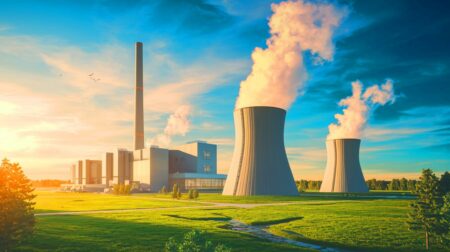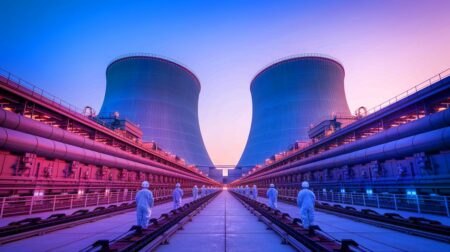During long years of communism, Eastern European countries burned coal to power their struggling economies as if there was no tomorrow. Coal was cheap and readily available. Yet it was also highly pollutive.
The environmental legacies of such policies are still with us decades after the fall of communism. Yet countries like Poland, Hungary and Bulgarian are increasingly eyeing a far cleaner and more efficient source of energy: nuclear power. In all three countries there are government initiatives underway to build new reactors to help meet domestic power needs.
In Bulgaria, plans for a second local nuclear power plant project at Belene were shelved for want of investors in 2012. The on-again/off-again project had been launched back in 1981 but never truly got off the ground. Meanwhile, at the country’s Soviet-era Kozloduy Nuclear Power Plant four out of six ageing 440 megawatt reactors were shut down in compliance with EU regulations, leaving two 1,000 megawatt reactors in operation.
Now the Eastern European Bulgaria’s government is considering reviving its 2,000 megawatt project at Belene in the northern part of the country at the projected cost of at least €10 billion, following the models of Hungary and Romania. Bulgaria needs a reliable source of clean energy and nuclear power is a ready-made solution.
“To sidestep the problems inherent to coal and the geopolitical risks of natural gas, both Bulgaria and its Balkan neighbours could see expanded nuclear capacity as a logical compromise,” EU affairs expert Henry Stanek explains. “A new report presented at this month’s summit by the New Nuclear Watch Institute (NNWI) on Southeast Europe’s electricity market estimates finishing the Belene project before 2027, and completing all planned nuclear new build in Hungary and Romania, would push back an electricity shortfall in the region to at least 2030.”
Did you like it? 4.7/5 (20)








